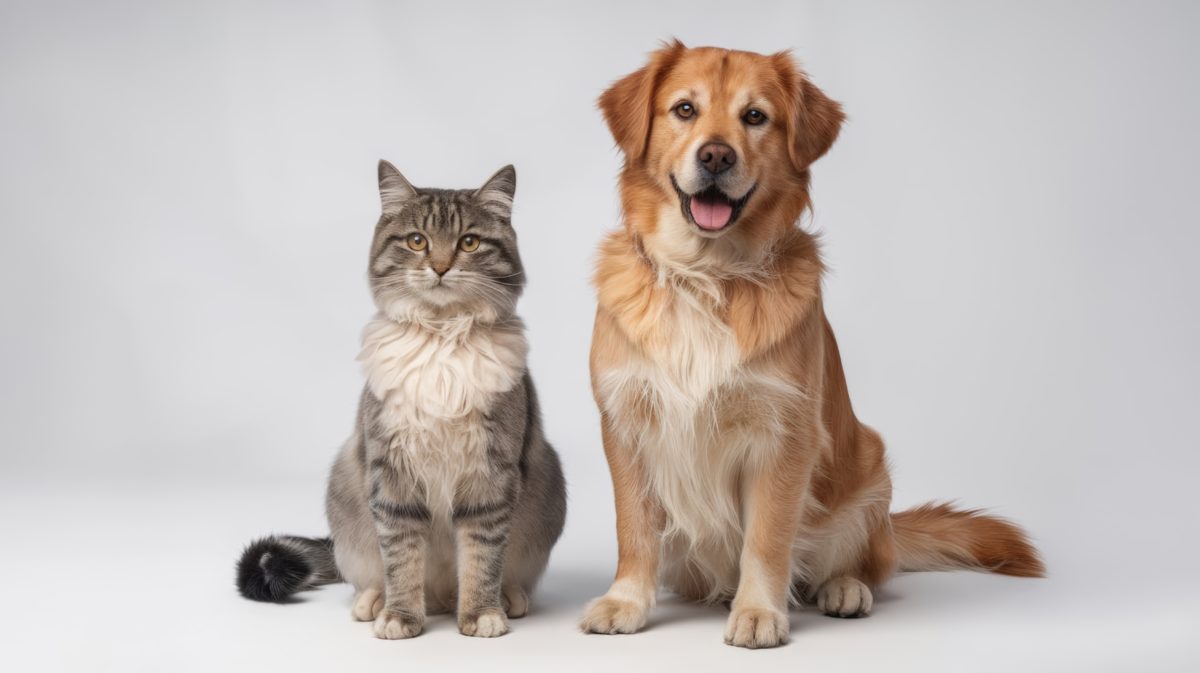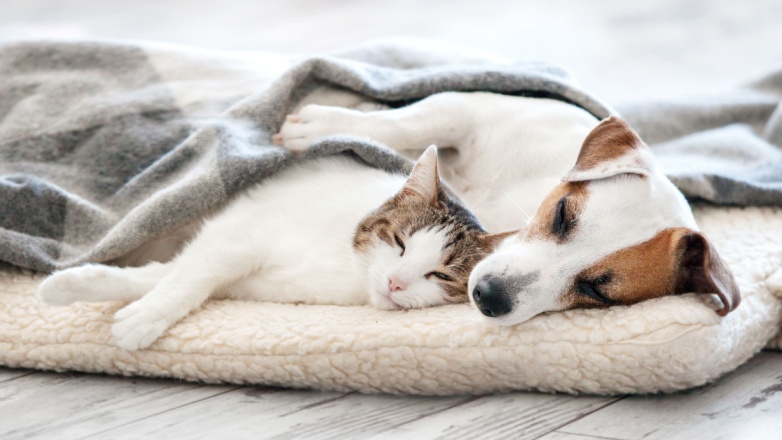Understanding Behaviour Changes in Cats and Dogs: What Pet Owners Need to Know

Behaviour changes can come into any point of your pets life. As loving pet owners, we’re often the first to notice when something seems “off” with our furry friends. A normally energetic dog may suddenly seem lethargic, or an affectionate cat may become withdrawn or irritable. These behavioural changes can be subtle or dramatic, and while some may be harmless or temporary, others can be signs of underlying health issues that need attention.
In this blog, we’ll explore the common behaviour changes seen in cats and dogs, possible causes like arthritis, anxiety, or illness, and how to respond appropriately to ensure your pet’s well-being.
🐾 Common Behaviour Changes to Watch For
While each pet is unique, here are some general behaviour changes that can occur in both cats and dogs:
- Decreased activity or reluctance to move
- Irritability or aggression
- Withdrawal or hiding
- Changes in appetite or weight
- House soiling or changes in litter box habits
- Excessive grooming or vocalisation
- Restlessness, pacing, or whining
- Increased clinginess or separation anxiety
These signs can vary depending on the animal’s age, personality, and environment, so even minor shifts in behaviour deserve attention.

🐶🐱 What Might Be Causing These Changes?
Behaviour changes are often your pet’s way of signal that something isn’t right. Here are some of the most common causes:
- Arthritis or Chronic Pain
Just like humans, pets can develop joint problems as they age. Dogs may hesitate to climb stairs or jump into the car, while cats may stop jumping onto counters or grooming themselves properly. Pain can also make pets grumpy or less social. - Anxiety or Stress
Changes in environment, new people or pets, loud noises (like thunderstorms or fireworks), or even changes in your schedule can trigger anxiety. Dogs may bark, chew furniture, or become clingy. Cats might hide or urinate outside the litter box. - Illness or Medical Conditions
Conditions like liver disease, thyroid imbalances, infections, or dental pain can lead to changes in mood, eating habits, or sleep. Sudden behaviour shifts may be your pet’s only way of showing discomfort or illness. - Cognitive Dysfunction (Dementia)
Older pets can suffer from cognitive decline, like dementia in humans. This may include confusion, disorientation, changes in sleep patterns, or difficulty recognising familiar people or places.
✅ What Should You Do If You Notice Changes?
- Observe and Record
Note any changes in behaviour, including when they started, how often they occur, and any patterns. This information will help your veterinarian make a diagnosis. - Visit Your VeterinarianDon’t assume a behaviour change is “just old age” or a phase. A check-up, including a physical exam and blood tests, can help rule out medical causes.
- Support Their Environment
- Provide ramps or orthopaedic beds for pets with arthritis.
- Create a safe, quiet space for anxious animals.
- Stick to a consistent routine.
- Use calming products (like pheromone diffusers or anxiety vests) if recommended by your vet.
- Enrichment and Exercise
Mental stimulation and regular activity are key to keeping pets happy and healthy. Puzzle feeders, toys, and gentle walks can help improve mood and reduce anxiety. - Medication or Supplements
Depending on the cause, your vet might suggest anti-inflammatory drugs, pain relief, anxiety medication, or joint supplements.
❤️ Final Thoughts
Behaviour changes in cats and dogs should never be ignored. They’re often early indicators that something deeper is going on, whether it’s physical discomfort, emotional stress, or a health issue. With prompt attention and compassionate care, you can help your pet feel better and maintain their quality of life.
Always trust your instincts—after all, no one knows your pet better than you.
Do you have concerns about changes in your pet’s behaviour? Reach out to us directly, or book a consult with Clyde Vet Hospital today for trusted, ongoing care tailored to your pet.
Book an Appointment Today
Whether you’re looking for advice, reassurance, or a little extra guidance, the Clyde Veterinary Team is here to support you and your furry family members every step of the way. Reach out to us for expert care tailored to keep your pets happy, healthy, and thriving.
About the Author:
Dr. Irene Mitry is the owner and founder of Clyde Veterinary Hospital, and a vet with a difference. She has not one, but two veterinary degrees, and an abiding passion for preventative pet care. Her life-long love for our animal friends shines through in everything she does, as her client testimonials show. Dr Mitry’s long-standing desire to bring this philosophy of care to life in her own purpose-built veterinary clinic led her to found Clyde Veterinary Hospital in 2018.


